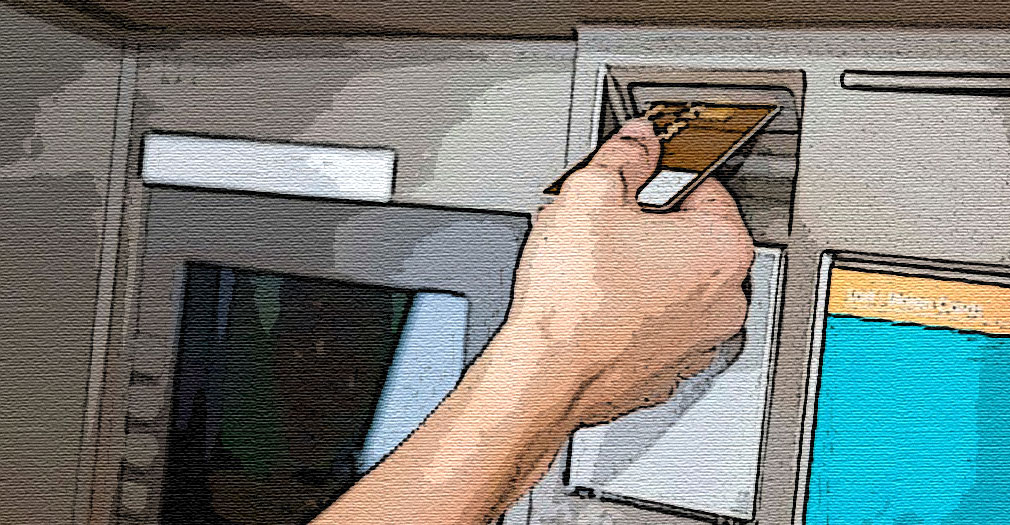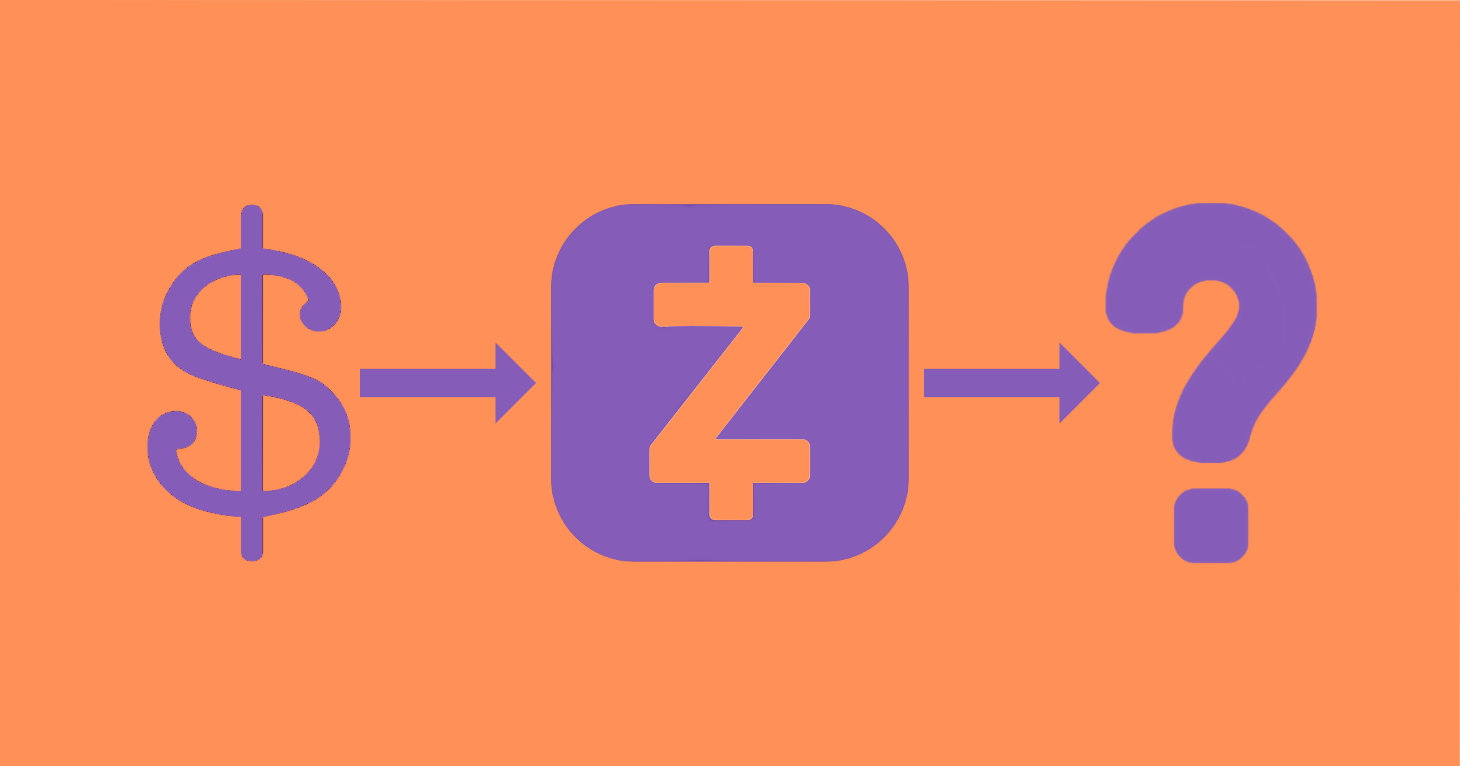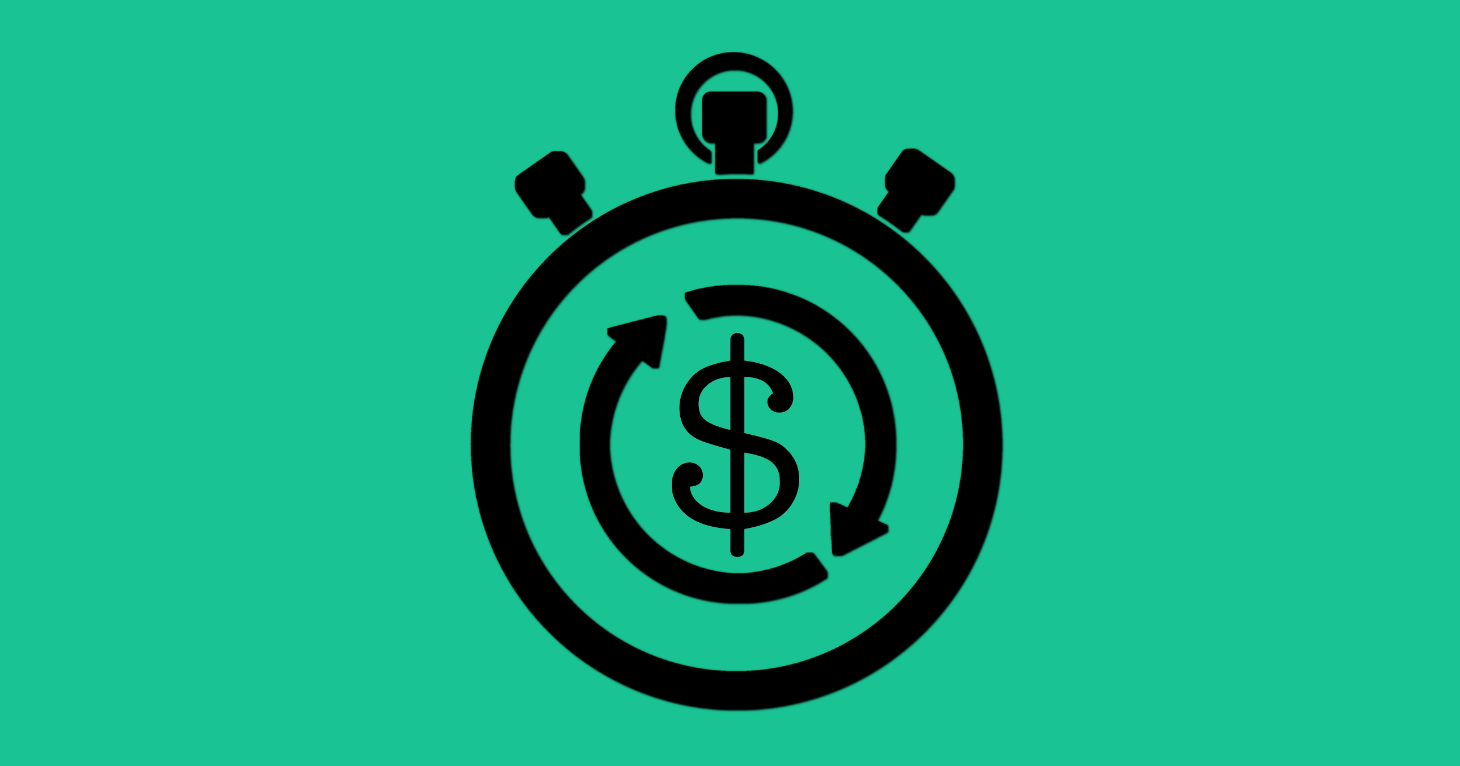
CATrends: Terms That Prevent Consumers from Posting Negative Reviews
Lawsuits take aim at so-called non-disparagement clauses.
More than 150 class-action lawsuits have been filed against regional and national banks.
Every year, consumers pay billions of dollars in overdraft and non-sufficient funds (NSF) fees. This is true even amid a significant decline in the revenue banks generate from charging these fees. It has spurred an onslaught of class-action lawsuits over alleged improper overdraft and NSF fees.
According to the Consumer Financial Protection Bureau, which, along with the FTC, is cracking down on such “junk fees”:
An overdraft fee can become a surprise fee when the customer doesn’t reasonably expect their actions to incur an overdraft fee. For instance, even if a person closely monitors their account balances and carefully manages their spending to avoid overdraft fees, they can easily incur penalties when financial institutions employ processes that are unintelligible or manipulative.
Such processes have been at the center of more than 150 class-action lawsuits against regional and national financial institutions, including BayPort Credit Union, Champlain National Bank, Chase Bank, Bank of America, Wells Fargo and Navy Federal Credit Union. They include:
In 2022, with nearly two-thirds of Americans living paycheck to paycheck, the average overdraft fee was $29.80.
In February, TINA.org filed a comment in support of the FTC’s proposed rulemaking proceeding regarding junk fees.
Find more of our coverage on overdraft fees here.
Lawsuits take aim at so-called non-disparagement clauses.
Lawsuits allege app fails to disclose lack of protections against fraud and recourse for the defrauded.
The result is that BNPL services that are advertised as free aren’t, class-action lawsuits allege.


